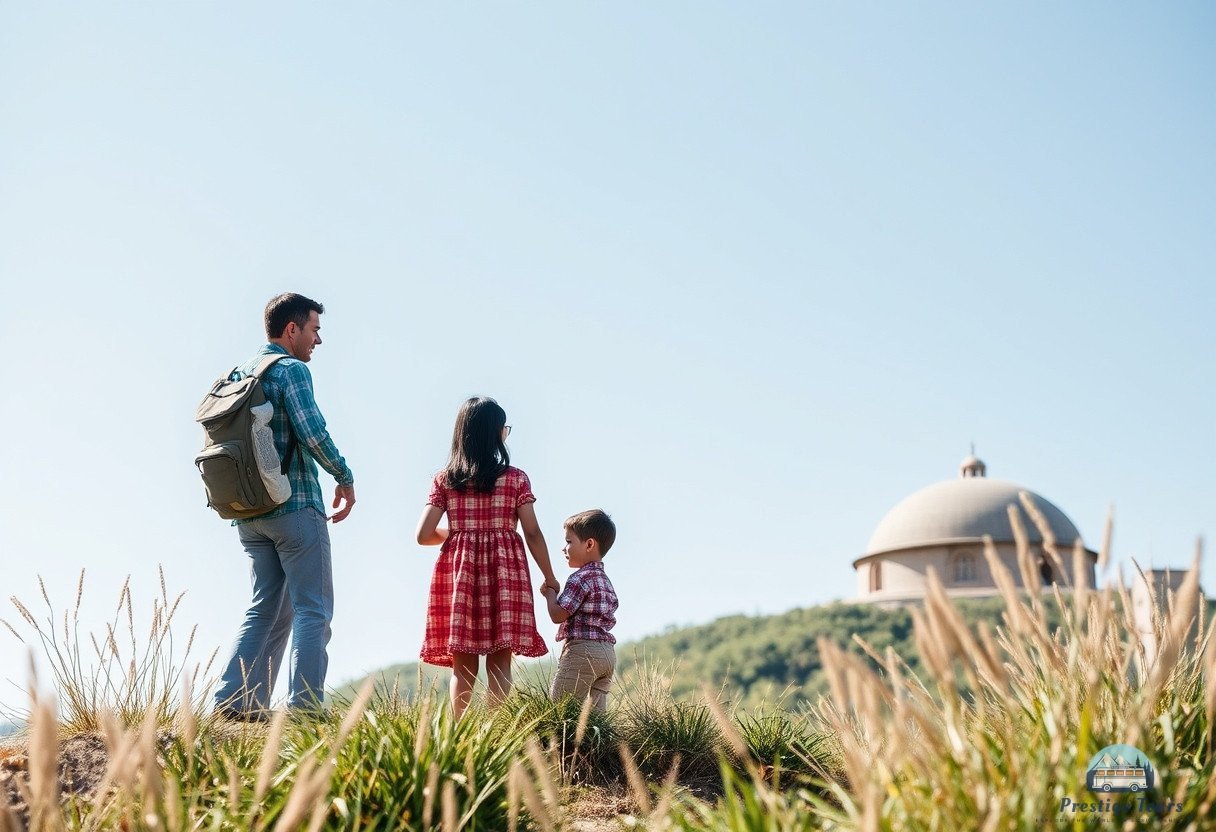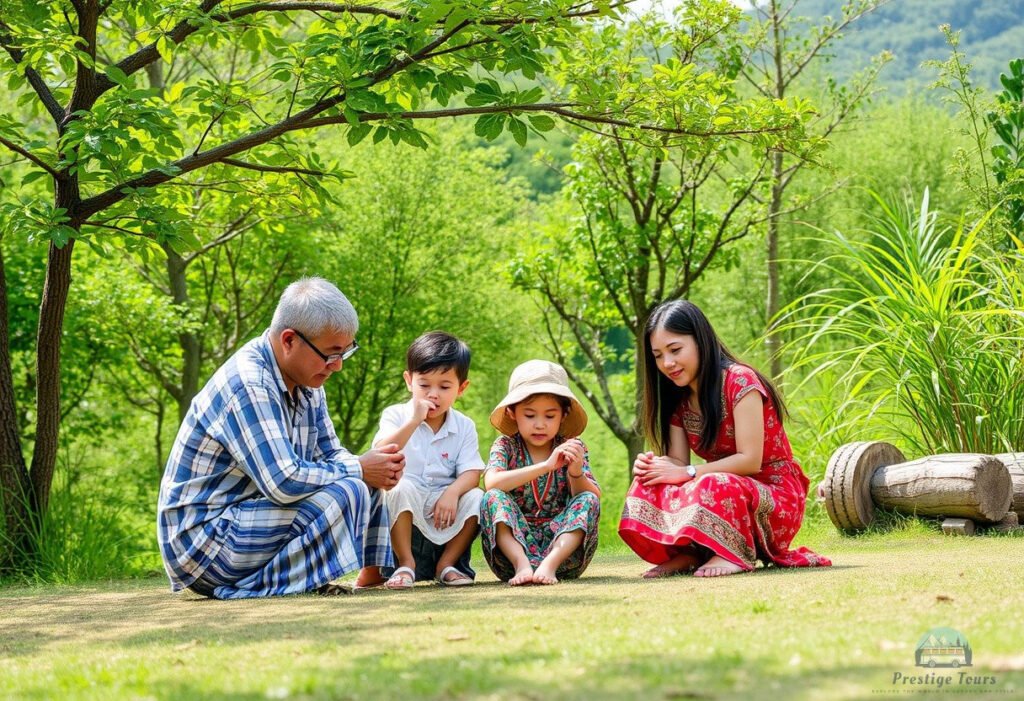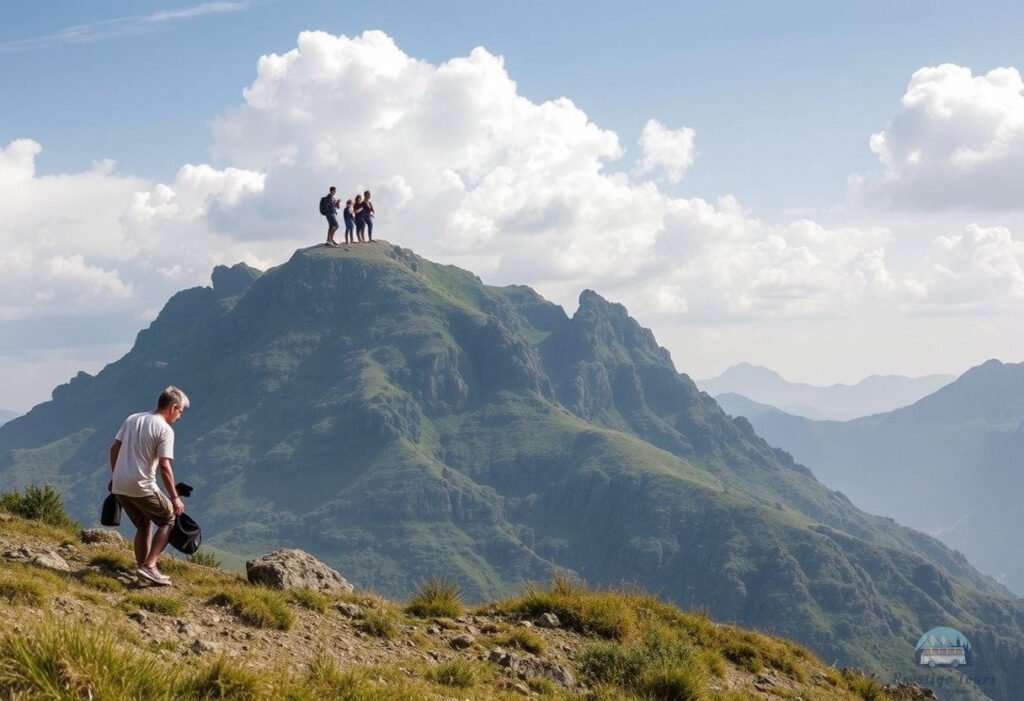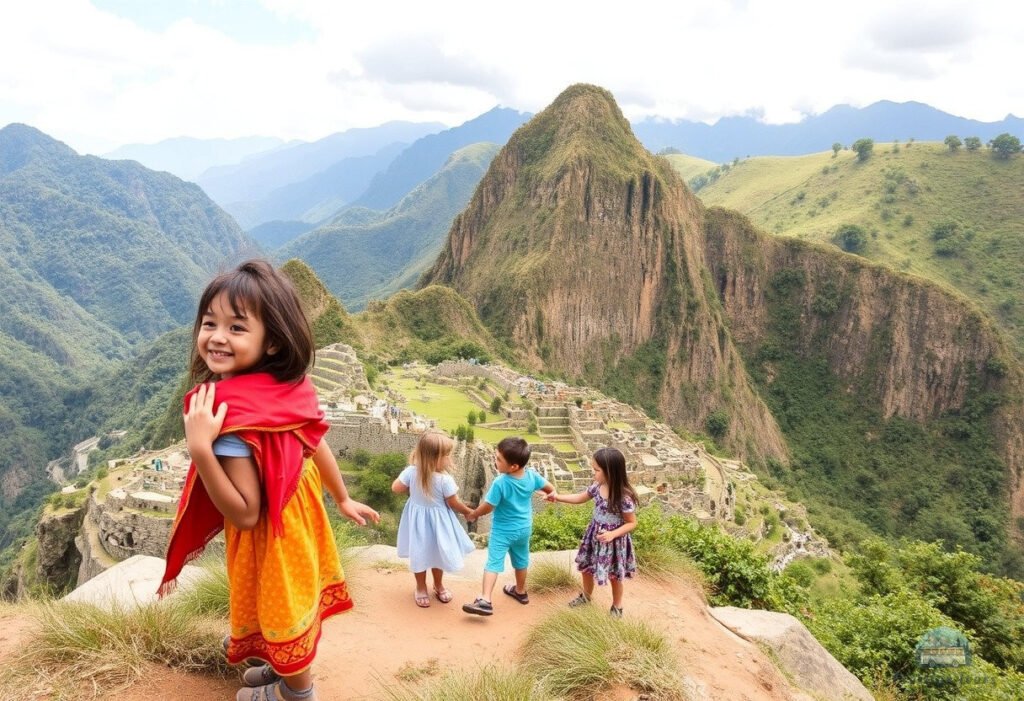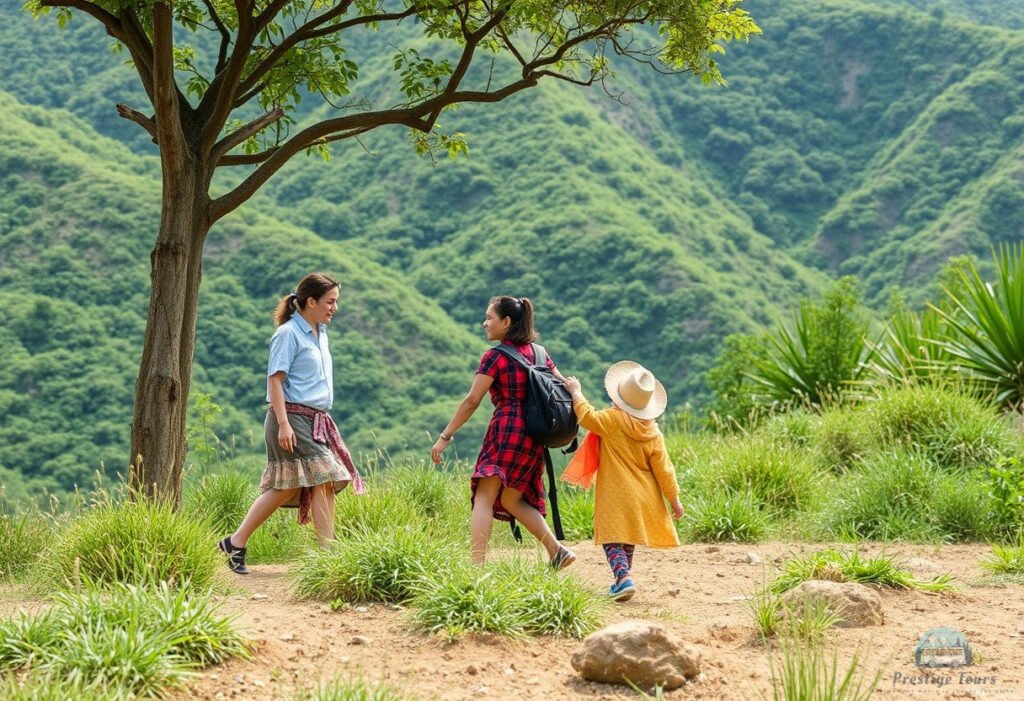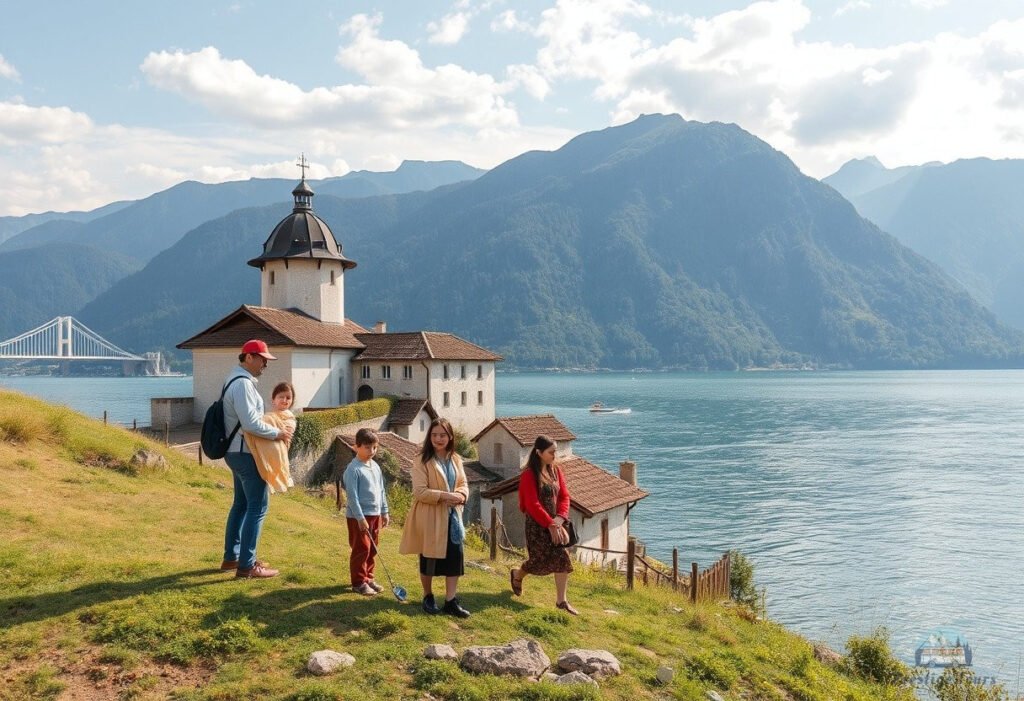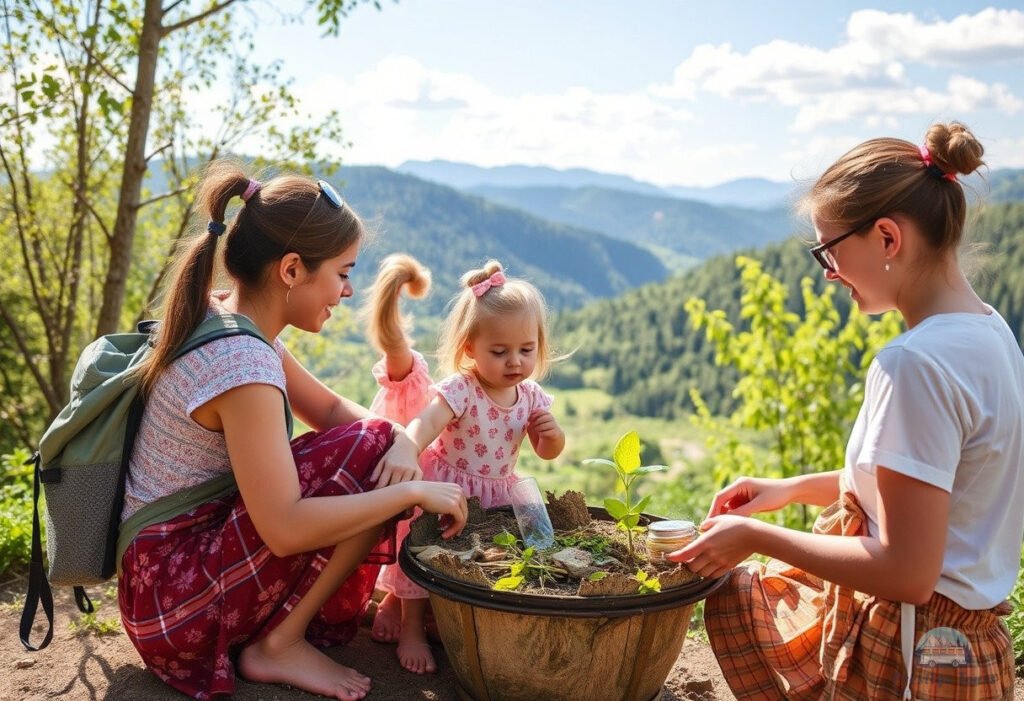Family Tourism 2024: Innovative Approaches to Discovering Cultural Heritage through Sustainable Travel
Family tourism is constantly evolving, and in 2024, new trends are emerging that focus on caring for the environment. Sustainable family tourism is becoming an important part of travel culture, offering families unique opportunities to explore cultural heritage. As the study shows, about 70% families are looking for more responsible holiday options where they can not only enjoy the beauty of nature, but also immerse themselves in local traditions.
What is sustainable family tourism?
Sustainable family tourism involves travel that minimizes negative impacts on the environment and culture. Key principles of sustainable tourism include:
- Supporting local communities through participation in cultural events and purchasing local goods.
- Also reduces carbon footprint through environmentally friendly modes of transport such as cycling or walking.
- Enriches the family experience, offering educational programs and tours on natural resource conservation.
The application of these principles allows not only to preserve cultural heritage, but also to pass it on to future generations. For example, the program of cultural tours in small towns of Russia helps to preserve traditions and crafts, supporting local craftsmen.
Why Choose Sustainable Family Tourism in 2024?
Sustainable family tourism offers many benefits, including:
- Caring for nature: The selected routes pass through ecologically clean areas, reducing the load on the ecosystem.
- Educational component: Family trips enrich knowledge about cultural heritage and ecology.
- Family values: Spending time together creates strong bonds and promotes communication within the family.

According to the World Tourism Organization report, demand for such types of tourism is expected to grow in 2024 30% compared to previous years.
Examples of successful practices in sustainable family tourism
There are many examples showing how sustainable family tourism can be implemented:
- Photo exhibition in the national park: Families can participate in photo projects where each family member captures moments in nature, encouraging creativity in exploring the area.
- Volunteer programs: participation in programs for the restoration of historical monuments or environmental protection.
- Culinary master classes: an opportunity to learn how to cook local cuisine using natural ingredients.
These practices not only enrich family time, but also help support the local economy and cultural heritage.
Conclusion
Family tourism in 2024 opens up new horizons for explorers and travel lovers, offering fresh approaches to discovering cultural heritage. Sustainable family tourism provides a unique opportunity for each family to enjoy nature and learn about local customs while supporting ecological practices. Moreover, its development will contribute to the formation of a more responsible attitude towards the world around us.
